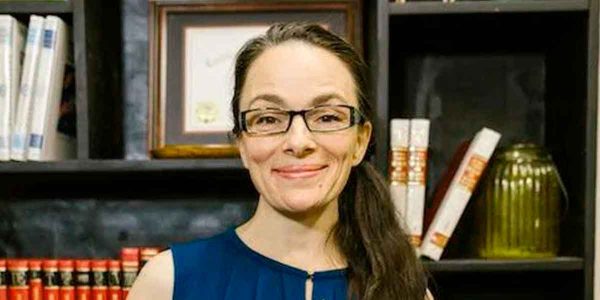You know it’s time to start working on your property plan. But you don’t know what essential elements to include in it. Understanding the key factors will help you decide where to start. For example, many people believe that real estate planning creates will or trust. However, there is much more you need to include in your property plan. Ensure that all your property is seamlessly passed on to your heirs during your death. There are specific property planning documents such as lawyer health, wills, and trusts.
Successful estate planning also includes provisions that allow a family member to access or manage an asset if it becomes inaccessible or unmanageable.
What are the four crucial estate planning factors?
Will
When you die, it will determine who you want to go to your property. You appoint an executor to carry out your wishes. If you do not have the will, the state will intervene and decide who will acquire your property. Therefore, creating a will or trust that inherits assets not included in the choice is necessary.
Suppose you have already nominated your sister as a beneficiary of a severance pay account or insurance policy. In this case, you don’t want to voluntarily leave the exact property to another cousin, as it can lead to a conflict of will. In addition, both people can afflict each other (and you) during a court battle.
Trust
With trust, you can avoid a lengthy process called verification. It puts you under the control of your wealth and pays the beneficiaries nominated in the faith shortly after your death. Suppose you have a live trust that you can revoke. You can change it anytime, but once you set it, you cannot change a faith that cannot be revoked. People sometimes choose the latter when they are vulnerable to creditors or other parties chasing their assets.
Power of attorney
It would be best if you created a lawyer’s health and financial strength. The medical adult guardianship system shows who makes your medical decisions if you become incapacitated. In contrast, the financial adult guardianship system shows you that you cannot make your own decisions.
List the names that make financial decisions. This document allows your agent to make real estate transactions, complete financial transactions, and make other legal decisions as if you were. If you have physical, mental, or even death occurs, then this type of POA can revoke.
It makes sense for spouses in many families to establish a mutual adult guardianship system. However, in some cases, it may make more sense to hire another family member, friend, or trusted adviser who is more financially savvy to act as an agent.
Beneficiary
As mentioned earlier, some of your property might be passed on to your heirs without will. For this reason, retaining beneficiaries (and conditional beneficiaries) in such accounts is essential. The insurance plan must also include beneficiaries and dependent beneficiaries. This is because they may exist outside the scope of the will.
Unless you designate a beneficiary, or if the beneficiary dies or is injured, the court will decide what happens to your funds. And frankly, a judge unaware of your situation, beliefs, or intentions is unlikely to make the same decision you made. The nominated beneficiary must be 21 years or older and have intellectual abilities. If not, the court may address the issue.
Conclusion
Many wills and trusts include this clause, but some do not. Choosing a guardian is very important and often overlooked if you have or plan to have children underage. Make sure the person or couple you choose shares your opinion, is financially healthy, and is willing to raise a child. As with all appointments, alternative or surrogate guardians must also be appointed. Without these designations, the court may rule that your child lives with another family. And in extreme cases, the court can order your child to become a state ward.







